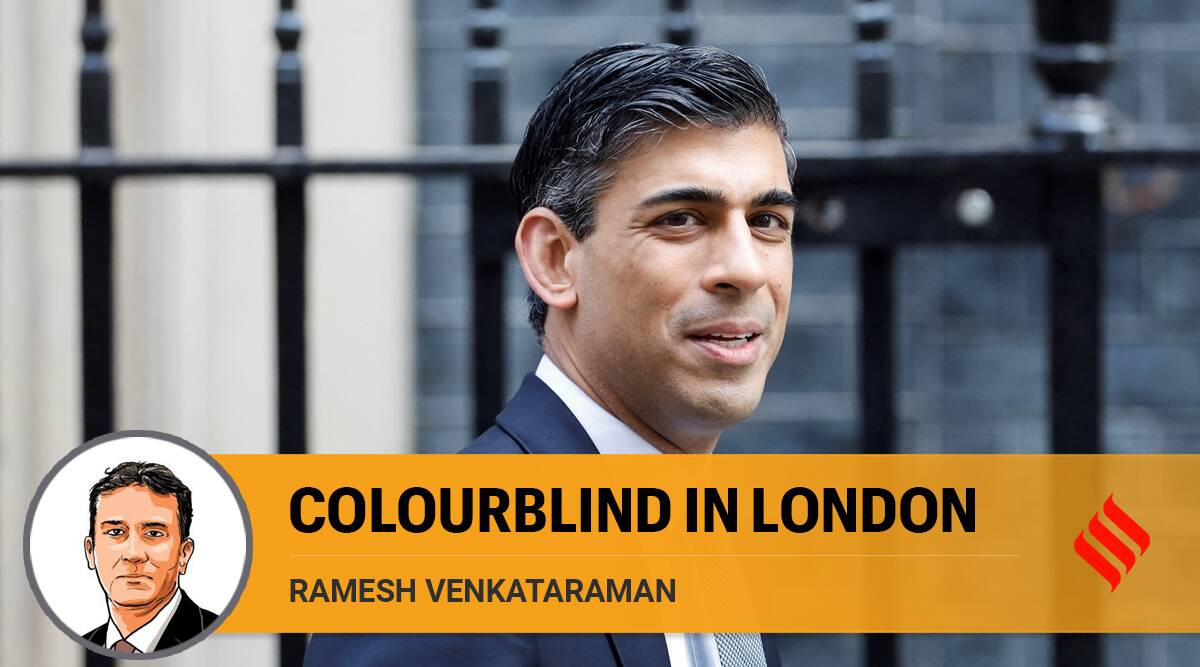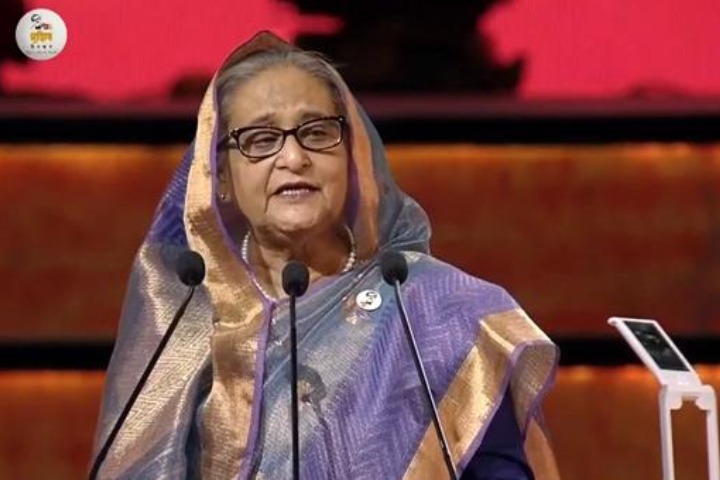In diversity of candidates for UK’s next PM, a soft power lesson for India
As the race to succeed Boris Johnson as the leader of the Conservative Party and Prime Minister of the UK starts to take shape, one extraordinary fact has emerged: More than half the contenders in the initial stages are from immigrant, non-white, ethnic minority backgrounds including one (Nadhim Zahawi) who was not even born in the UK, but came to the country as a nine-year-old fleeing persecution in Saddam Hussein’s Iraq.
Rishi Sunak, whose parents immigrated from East Africa and are of Indian origin, and who is married to the daughter of Narayana Murthy of Infosys fame, is an early frontrunner and has received the backing of several heavy-weight Tory MPs. If he (or any of the other ethnic minority candidates) wins the Conservative Party’s mandate in early September, we could witness the astonishing spectacle of a non-Anglo Saxon child of the colonies becoming the most powerful person in the UK, just over seven decades after the British Empire started its messy retreat from Asia, the Middle East, and Africa.
The fact that the next British PM may be brown or black is by itself perhaps not that remarkable. The last two decades have seen Barack Obama, whose father is Kenyan, being elected as the first black President of the United States. Kamala Harris, born to an Indian mother and Jamaican father, was appointed the first black and woman Vice-President of the United States, and Leo Varadkar, whose father is Indian, become Prime Minister of Ireland. The UK itself has had several senior members of government who are not white going back to the days of Paul Boateng and Shriti Vadera when the Labour Party was last in power under Tony Blair and Gordon Brown in the 2000s. And beyond politics, the UK has seen several black and brown people gain prominence in sports, media, arts, medicine, and to a lesser extent in business. Nasser Hussain, born to a Tamil Muslim father in Chennai, captained the English cricket team as far back as 1999.
What is truly remarkable about the ongoing Tory party leadership contest, however, is how little comment there has been on the skin colour of the slate. The British political classes, media, and public at large seem intensely unconcerned about the next occupant of 10 Downing Street being non-white. In a country that is inextricably linked in many Indian minds with an ugly history of racism, this is nothing short of astounding. What is even more surprising is that there is virtually no discussion of the fact that the runners and riders left include a Hindu, a practising Buddhist with Hindu-Catholic roots, and, incredibly for a Tory party which has in the past revealed a nasty seam of Islamophobia, a Muslim. The contrast with the sham controversy in the US over Barack Obama’s allegedly secret Muslim faith could not be starker.
Even the whiff of the possibility that the hidebound Conservatives might embrace as the next head of the UK government a complete “non-native” in terms of skin colour, ethnicity, but also, importantly, religion, is a truly stunning development for a country moulded by its Protestant religion, Anglo-Saxon ethnicity, imperial past, and bitter history of racial tension. Even if in the end a white English candidate is elected PM, the sheer make-up of the Tory leadership race reflects a further maturing of the British public’s views on race, religion, and even nationality, just like the appointment nine years ago with little fuss of a complete foreigner (the Canadian Mark Carney) as the Governor of the Bank of England (imagine if the next RBI Governor is from Malaysia or Mauritius).
This increasingly relaxed attitude towards identity, I would argue, has emerged as a key source of the UK’s soft power. This small island punches well above its economic and military weight in terms of global influence in a way that, say, Japan or Germany or Italy do not. British universities attract the brightest from around the world. The British media and the British culture at large exert disproportionate appeal while Brits are legion in the corridors of multinational companies and global institutions. While colonial history and the worldwide spread of English are powerful foundations, it is the successful redefinition over the past two decades of British identity as inclusive and multicultural (by contrast, for instance, to another former colonial power such as France) that provides the continued impetus to Britain’s global sway. Even the success of English as a language — relative to French, for instance — has been attributed to its mongrel-like ability to absorb and transform words and usage from other languages.
There is a lesson for India. Since independence, India’s strategic posture has relied on soft power to make up for its relative lack of economic and military power. We exerted disproportionate moral authority on the global stage by dint of the world’s appreciation of our millennia-old culture and traditions, the impact of Gandhi and the uniquely non-violent nature of our independence movement, and our policy of non-alignment and non-interference in the affairs of other countries. A key dimension of India’s influence was that it was seen as a society that while fractious and riven by hierarchy and inequality, was also open and accommodating of multiple faiths and traditions and largely peaceable in orientation. This last dimension has badly eroded over the past decade as the world sees us becoming increasingly chauvinistic and asserting an aggressive and intolerant Hindu identity and pressuring our minorities. While this has been portrayed as payback for historical wrongs and a revival of Hindu India’s strength by the right-wing, the world sees it more as the ugly preening of the schoolyard bully — beating up on the weak (read Muslims, Christians) at home to cover up insecurities and weakness when faced with the real world (read China, the West) outside.
The knock that India’s soft power is taking, as a result, is all the more serious in the context of the growing threat from China. India’s global moral and cultural influence is perhaps the only dimension of power where we vastly outperform our northern neighbour. This is not just about Bollywood and cricket. The number of foreign-born CEOs of leading Western companies who are of Indian origin is next only to Brits, and the same is likely true of academics in the top American and European universities. But even as Britain is gradually embracing a multifaceted identity to its global advantage, India is moving in the opposite direction, away from its heritage of inclusiveness towards a narrow, religio-cultural nationalism that even excludes fellow Indians whose forefathers gravitated towards other faiths many centuries ago.
Source: The Indian Express.
14 Jul 2022,20:33


















 Live Tv
Live Tv


